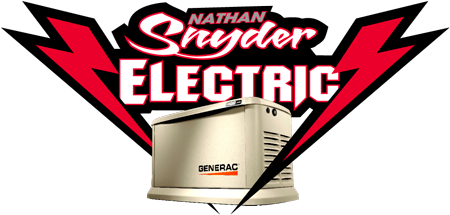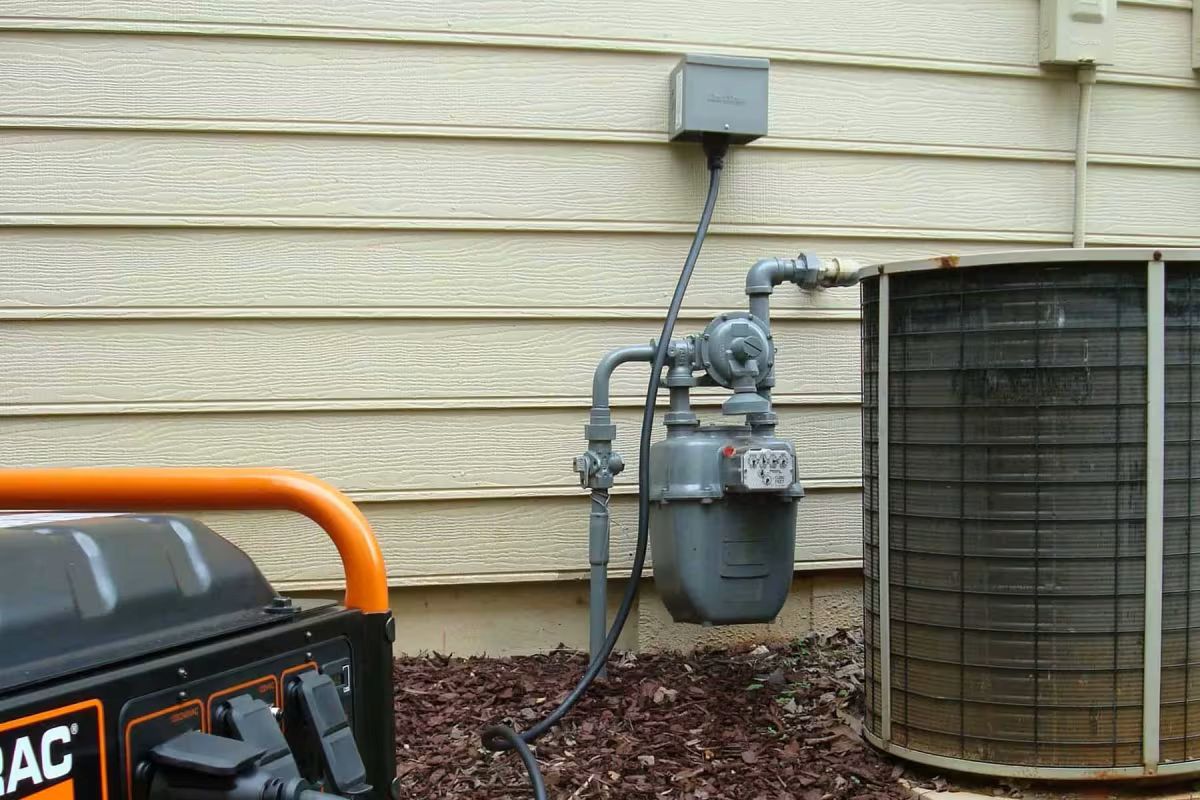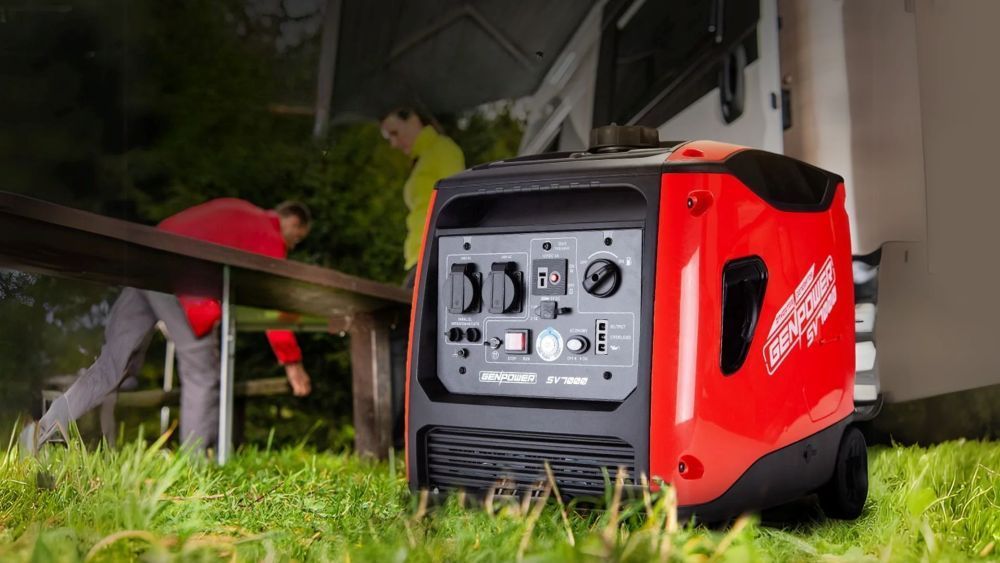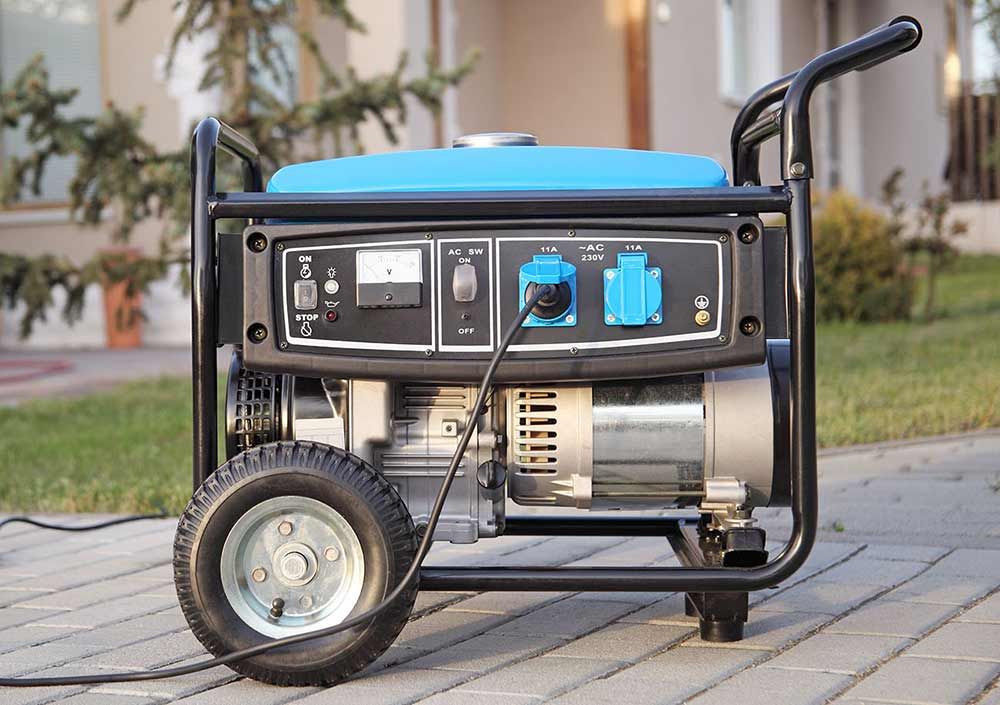What Is an Inverter Generator: Everything You Need to Understand
Inverter generators have become popular power solutions for both home and outdoor use. They work differently from regular generators by creating cleaner, more stable electricity. Understanding how they function can help you make better decisions about backup power needs. When shopping for generators, the best Generac dealers in Oklahoma City can offer expert advice on inverter models. This guide covers the technology, benefits, and practical uses of these modern power systems.
How Inverter Generator Technology Works
Inverter generators create power through a three-step process that makes electricity cleaner and more stable. The engine runs an alternator that makes AC power first. Then this AC power gets changed into DC power through a special part called a rectifier. After that, the DC power goes through an inverter that turns it back into clean AC power with steady voltage and frequency. This steady output protects sensitive electronics from power spikes that regular generators can cause. The inverter can speed up or slow down the engine based on how much power you need, which saves fuel and reduces noise. For homeowners exploring options, a Generac generator with inverter technology can provide dependable performance for both everyday use and emergency backup.
How They Compare to Regular Generators
Regular generators operate at a constant speed to produce AC power, which can cause the voltage to fluctuate. Inverter generators work differently by converting AC power to DC, then back to stable AC using smart electronic components. This process creates a steady flow of power that's much more consistent. Inverter generators use less fuel because they can adjust their speed according to the load being powered. They also run much quieter than regular generators, making them ideal for camping or residential areas where noise is a concern.
Why Choose an Inverter Generator
Inverter generators offer several advantages that make them worth the investment. They produce clean power that's safe for laptops, phones, and other sensitive electronics. Since they adjust engine speed automatically, they use less fuel and make less noise than traditional models. These generators are usually smaller and lighter, making them easier to move and store. Many models can be connected in parallel to double your power output when needed. The combination of quiet operation, fuel efficiency, and clean power makes them ideal for many situations.
Using Inverter Generators at Home
Home backup power is where inverter generators really shine. They can power essential appliances, such as refrigerators, lights, and communication devices, during power outages. The clean power they produce keeps your electronics safe from damage that dirty power can cause. They run quietly enough that you won't disturb neighbors during extended outages. Since they use fuel efficiently, you'll spend less money on gas during long power disruptions. For most homes, a properly sized inverter generator can keep essential systems running smoothly until utility power is restored. If you’re planning long-term backup solutions, considering generator installation in Oklahoma City ensures that your system is professionally set up for reliable operation.
Choosing the Right Portable Model
When shopping for portable inverter generators, focus on these key features:
- Power Output: Calculate the amount of electricity your devices require to select the right size generator.
- Fuel Economy: Look for models that run longer on less fuel to save money and reduce the frequency of refueling.
- Sound Level: Check decibel ratings to find quiet models for camping or residential use.
- Weight and Size: Opt for an item that is easy to move and store.
Keeping Your Generator Running Well
Regular maintenance ensures inverter generators continue to work properly for years. Change the oil every 50-100 hours of use to keep the engine lubricated and prevent damage. Clean or replace the air filter about every 50 hours to keep dust from clogging the engine. Check bolts and screws regularly to ensure that nothing comes loose due to vibration. Inspect the spark plug periodically and replace it when it becomes worn out. Store your generator in a dry location when not in use to prevent rust and other damage. Professional
generator maintenance services can also help extend the lifespan of your equipment by identifying issues before they cause costly repairs. Adding
residential surge protection to your setup is another smart step, as it safeguards appliances and electronics from unexpected power spikes when switching between utility and generator power. These simple steps will help your generator last longer and run more efficiently.
Related Topics:










